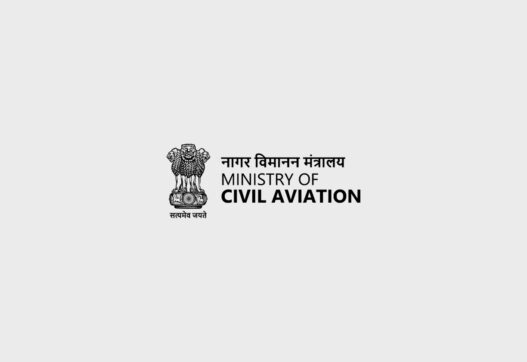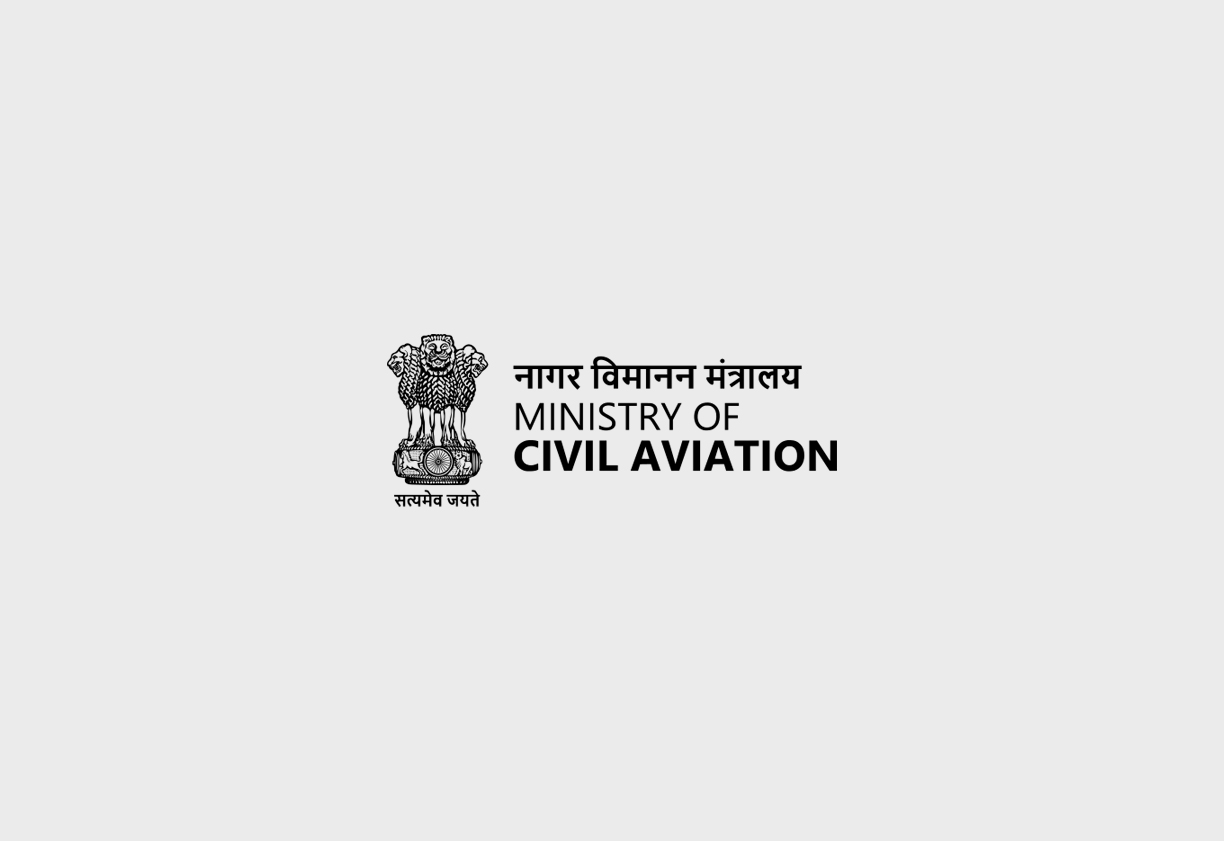Ministry of Civil Aviation
The Carriage by Air Act, 1972, is a significant piece of legislation that incorporates international conventions into Indian law to regulate air carriage. This Act primarily aims to unify rules relating to international carriage by air, addressing the rights and liabilities of carriers, passengers, consignors, and consignees. The Act also extends these rules to non-international carriage by air, ensuring a consistent legal framework for air travel. It provides a structured approach to air travel, covering various aspects from documentation to liability for damages.
1: Act Background and Ministry
The Carriage by Air Act, 1972, was enacted to give effect to the Warsaw Convention of 1929 and the Hague Protocol of 1955, along with the Montreal Convention of 1999, which seek to unify rules relating to international carriage by air. The Act aims to establish a uniform legal framework for international air travel, addressing issues of liability, documentation, and passenger rights. The Ministry of Civil Aviation oversees this Act, reflecting its responsibility in regulating air transport and ensuring compliance with international conventions. The Ministry plays a crucial role in implementing the act, ensuring that the rights of passengers and carriers are protected.
2: Enactment Date, Number of Chapters, and Sections:
The Act was enacted on December 19, 1972, and is officially known as Act No. 69 of 1972.
-
The Act is structured into 8 sections, without specific chapters.
-
It includes three schedules that provide the rules of the Warsaw Convention, the Hague Protocol, and the Montreal Convention, respectively.
-
The Act also includes an Annexure that lists the High Contracting Parties to these Conventions and their dates of enforcement.
3: Act Governed By:
The Act is governed by:
-
The Rules in the Schedules: The rules contained in the First, Second, and Third Schedules of the Act have the force of law in India for international carriage by air.
-
The Central Government: The Central Government is empowered to add to or omit from the list of High Contracting Parties, and to apply the rules to non-international carriage by air.
-
The Courts: Indian courts are responsible for interpreting and applying the rules of the Conventions in legal proceedings.
4: On Whom It Is Applicable:
The Act is applicable to:
-
All international carriage by air, as defined in the Act.
-
Carriers, passengers, consignors, and consignees involved in international air travel.
-
Non-international carriage by air, to the extent specified by the Central Government.
-
High Contracting Parties to the Conventions and their territories.
-
Servants and agents of carriers involved in air carriage.
5: Penalties/Punishments:
The Act does not specify penalties or punishments for non-compliance. Instead, it focuses on:
-
Defining the liability of carriers in case of death, injury, or loss of baggage or cargo.
-
Establishing procedures for resolving disputes related to air carriage.
-
The Act does not include provisions for penalties, as it is primarily designed to define liability and provide a framework for legal actions.
-
The Act allows for compensation to be claimed for damages.
6: Important Pointers:
-
The Act incorporates the Warsaw Convention, the Hague Protocol, and the Montreal Convention into Indian law.
-
It defines “international carriage” and outlines the rights and liabilities of carriers, passengers, consignors, and consignees.
-
The Act specifies the required documentation for carriage, including passenger tickets, baggage checks, and air waybills.
-
It sets limits on the liability of carriers for death, injury, loss, or damage to baggage and cargo.
-
The Act outlines the conditions under which carriers can be held liable, and when they may be exempt from liability.
-
It includes provisions for the conversion of foreign currencies into rupees for the purpose of legal proceedings.
-
The Act allows for agreements between parties to set higher limits of liability.
-
It addresses the rights of consignors and consignees to dispose of or receive goods.
-
The Act specifies that the rules apply to both international and, where specified, non-international carriage by air.
-
It provides for the establishment of a regime for compensation in cases of death or injury of a passenger.
-
The Act ensures that the rules of the Conventions are applied consistently in Indian courts.
7: Download Act Copy




